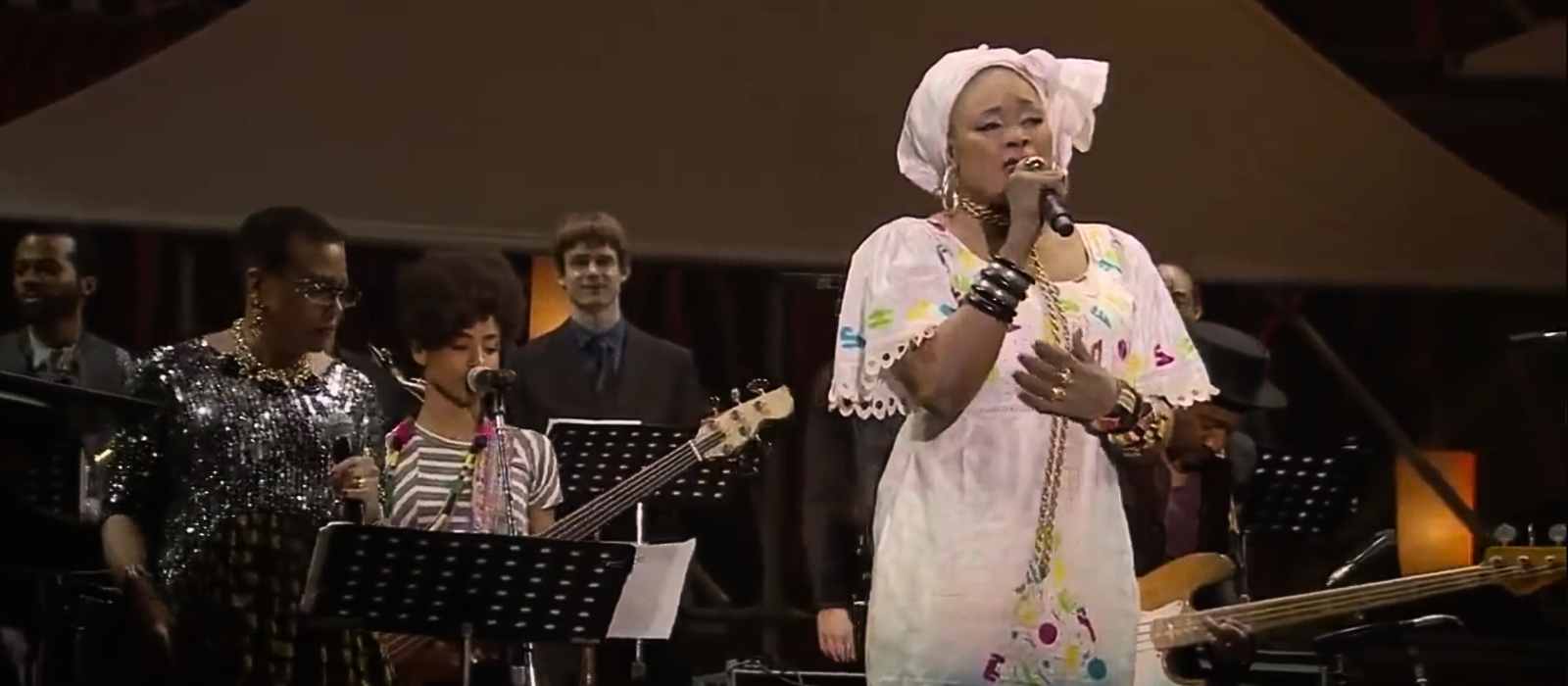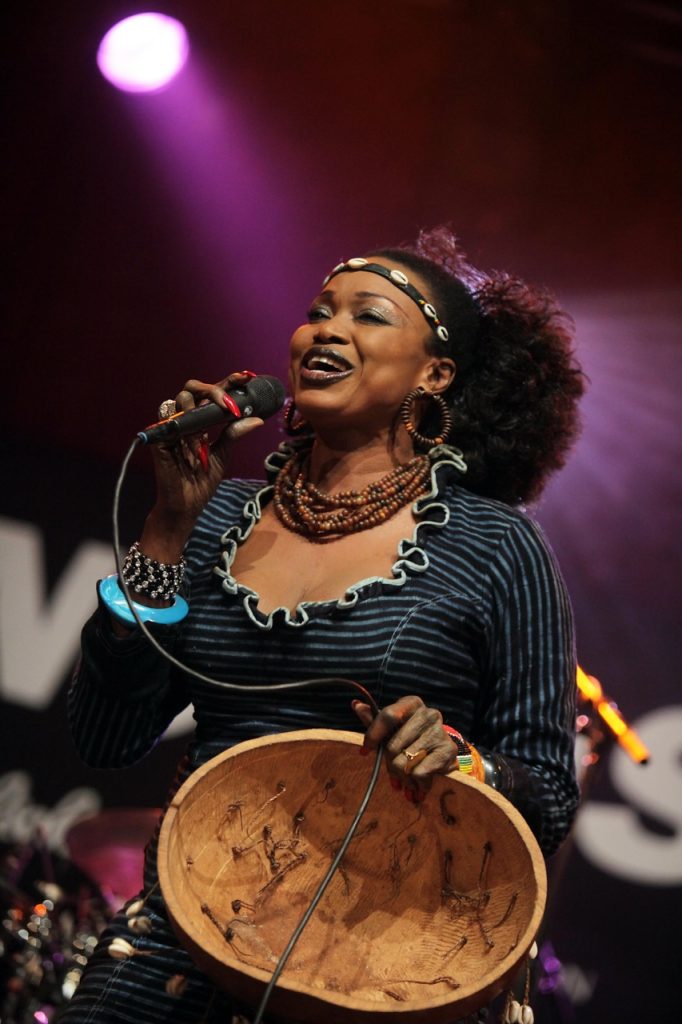
SPOTLIGHT: Oumou Sangaré stands as a beacon in African music, a powerhouse who defies convention as both an artist and an activist. Born in Bamako, Mali, she has evolved into an internationally celebrated singer, composer, business pioneer, and advocate for women’s rights, using her music as a platform for social change. Known for her signature wassalou style, a folk genre rooted in southwestern Mali’s cultural traditions, Sangaré’s music resonates deeply across continents.

WENN Rights Ltd / Alamy Stock Photo
From her early days, Sangaré’s life was steeped in song. Her mother, Aminata Diakité, was a sogoninkun, or ceremonial singer, whose performances were deeply woven into community life. When Sangaré’s father abandoned the family, young Oumou stepped up to sing professionally alongside her mother, bringing an unmistakable power and purpose to her voice. By the age of 13, she was performing solo, and just a few years later, at 16, she was recruited as the lead vocalist for the Malian group Djoliba Percussions, a role that took her to Europe and sparked her ambition to share the music and stories of Mali on a grand scale.
In 1989, she recorded her breakout album Moussolou (“Women”), a defining work that garnered widespread acclaim across Africa, Europe, and Asia. Songs like “Diaraby Nene” spoke to the struggles and resilience of Malian women, making her an instant star. She followed up with Ko Sira and Worotan, albums that showcased her musical evolution, including collaborations with jazz and funk luminaries like Pee Wee Ellis, which introduced global audiences to her dynamic style.
However, Sangaré’s journey extends far beyond music. She’s long been an advocate for women’s rights, addressing topics like polygamy and forced marriages in her lyrics. This commitment has influenced her approach to business as well. She channeled the success from her music into entrepreneurial ventures, opening Bamako’s Hotel Wassoulou, which offers a stage for local musicians, as well as launching the Oum Sang car line, creating jobs and contributing to Mali’s economy.
Her discography has continued to expand and innovate. In 2009, she released Seya, which won her a Grammy for Best Contemporary World Music Album, cementing her as a global music icon. After a decade-long break from recording, she returned with Mogoya in 2017, collaborating with Afrobeat great Tony Allen. Her latest album, Timbuktu (2022), recorded across Mali, the U.S., and France, seamlessly blends West African rhythms with elements of folk and blues, reflecting her ever-evolving artistry.
Throughout her career, Oumou Sangaré has exemplified resilience, talent, and commitment to her roots and community. She has carved out a legacy that goes beyond music, standing as a voice for empowerment, resilience, and pride in African heritage. [Credit: Spotify]


